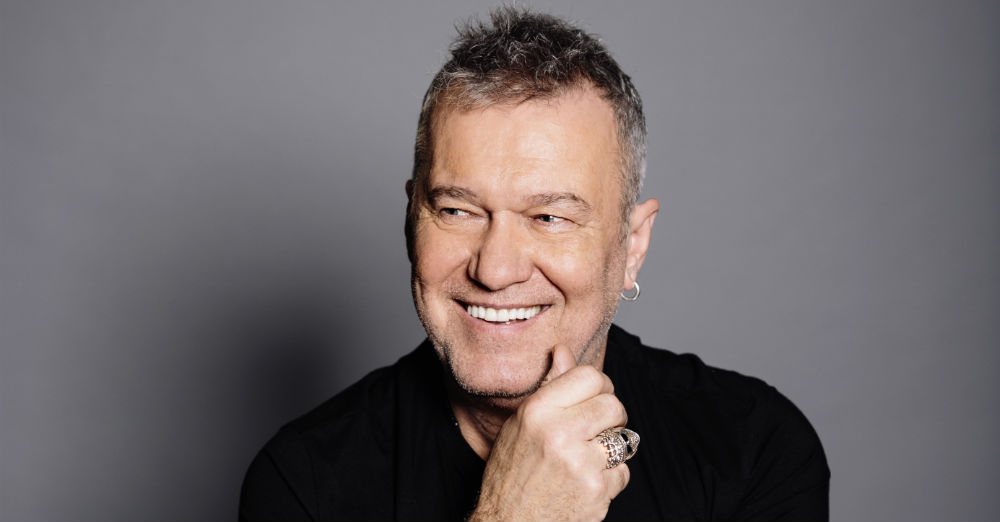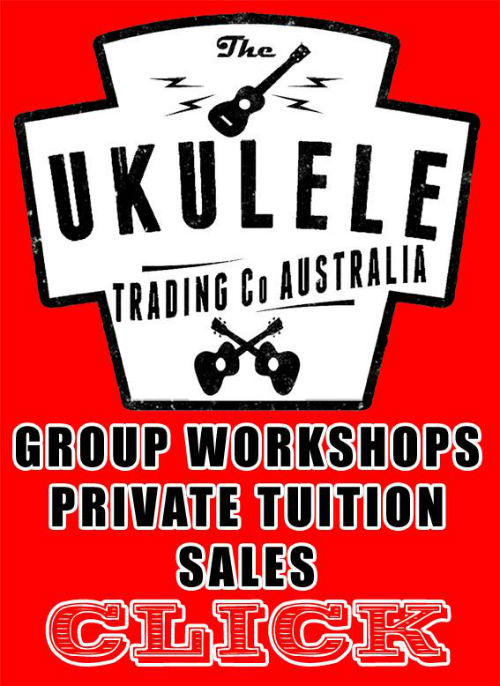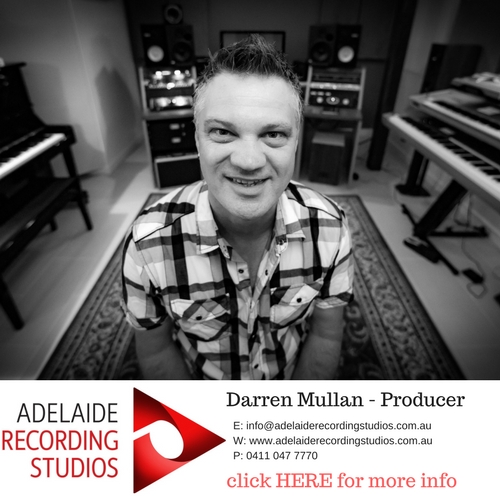by Catherine Blanch.
We continue our three-part interview with Australian music icon, devoted family man and best-selling author Jimmy Barnes about his life between moving from Glasgow to Elizabeth, and the hope that gave way to poverty, alcoholism, violence and despair.
James Dixon Swan was five years old when he, his five siblings, and his mum and dad travelled by boat to Australia; it was meant to be a new start for the Swans, but soon became the beginning of the family breakdown and a life that ultimate lead him to become lead singer of the iconic Cold Chisel.
Jimmy openly speaks about his childhood memoir Working Class Boy – A Memoir Of Running Away and the theatre tour he has embarked on to share the songs and stories of his life while opening up a dialog about domestic violence and the need to create an awareness of this often-fatal epidemic.
Your memoir is written in your own voice; I could almost hear your narration as I read. Although there were a few moments that I cringed in recognition, it’s not a very graphic book when it comes to the violence and drug and alcohol abuse – unless you read between the lines.
“I intentionally left a lot of things open, partly so people could fill in the gaps but also because some stuff was just too difficult to talk about. Some of those things were not my stories alone to tell – stories of my siblings, for example – so I tended to move away from them very quickly and not dwell on them too long.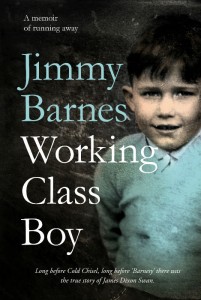
“When you write about the way Glaswegians like my parents who came from working class Glasgow spoke, it can sound really horrible and harsh, even though at the time when they say things it’s meant to be funny or just part of the language. It sounded foul-mouthed but it was normal. I had a friend from Glasgow to help me with the dialect so that it made more sense for Scottish people, but also so it didn’t sound as harsh for non-Scottish people.”
It’s definitely not like French, where saying that you are going to the toilet sounds romantic.
“Yeah, that right,” he laughs. “But in Glaswegian you can say I love you and it sounds like you’re picking a fight. And if you write it down from when they are happy to angry, it can look exactly the same [chuckles]. It’s quite a guttural vocabulary. My mum would swear, but looking back, it was just the way that they spoke.”
For those who grew up in Elizabeth or in situations similar to yours, there is a lot of forgiveness that you have for your parents. Many others may still be angry at their parents for what happened to them.
“I go around on this,” Jimmy says. “Sometimes I lie in bed and I can feel really empathy for them or feel bad for them that they had it worse than what I had, but then I find myself not forgiving their behaviour or the way they treated each other and us. It’s hard to forgive when your dad drank all the money instead of feeding the kids; when we were hungry and cold, he was out getting drunk. But, other times I think about where he came from and I feel for him. So I do go around the block with it. There will be a lot of people in Elizabeth who relate to that, but we still love our parents.
“My parents weren’t bad people,” he adds. “My dad was charming and soft-spoken and a good-looking fella, but he drank away all the money, womanised and punched my mum around… that’s not a nice thing to have to think about your father. Empathy also comes from seeing him grow older and how he has changed. My Dad broke the cycle when he eventually stopped drinking, the violence subsided and he sat with himself and tried to come to terms with his life, and that’s what I’ve mentioned in the book. It has given me some resolution within myself; it’s hard stay mad with someone like that.”
You’ve also broken the cycle, not only when you stopped drinking, but of the parenting style that so many kids can carry into their own adulthood.
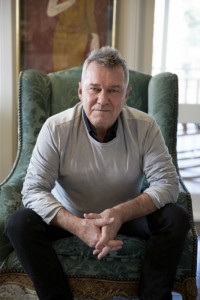 “I tried my best to break that cycle,” Jimmy says, “and in some ways I did that the day I left home [to tour with Cold Chisel]. But in a lot of ways there were years of me drinking that damaged me and my own family. But we changed things as we went along and things got better and better.
“I tried my best to break that cycle,” Jimmy says, “and in some ways I did that the day I left home [to tour with Cold Chisel]. But in a lot of ways there were years of me drinking that damaged me and my own family. But we changed things as we went along and things got better and better.
“That cycle of drinking myself into oblivion, I did that for a long time. Even though I wasn’t punching my wife or the kids, that [drinking] is still abusive to behave like that. It took me a while, but I had to be able to sit and deal with that. One of the things that happens with domestic violence – and with abuse in general – is the shame that comes with your behaviour, which perpetuates the whole thing; you feel ashamed of your actions so you drink again and then you get angry that you’re drinking again and the whole thing goes in a circle.
“I had to live with the shame of my own action and where it came from,” he adds. “But I wasn’t going to let it drive me to continue being that way; I had to turn myself around and that’s the redemption that everyone looks for – that second chance you get in life that changes everything. One of the messages that I want to get across with this book is that you can change your life.”
There must be a deep level of catharsis in writing your stories, but also the hope that some will read it, relate to it and make a change in their own life – to recognise that they don’t have to act the way that they do.
“For me, it started with writing it down and then talking about it with my family,” Jimmy says. “It’s starting this conversation that has helped. People who are in the thick of this right now, the way to stop the cycle is to put some light on it. Violence and alcoholism are all very dark subjects. But if you shine a light on it, it’s going to help it heal. And the way to shine a light on it is to talk about it. I’ve been lucky and I feel blessed that I can get out and start this conversation.”
Jimmy Barnes performs Working Class Boy: An Evening Of Stories & Song at Her Majesty’s Theatre from 8pm on Fri 25 Nov [SOLD OUT] and Brenton Langbein Theatre, Tanunda, from 8pm on Sat 26 Nov.
Book at ticketmaster.com.au. Click HERE to purchase your tickets [Tanunda performance only].
Images courtesy of Stephanie Barnes
